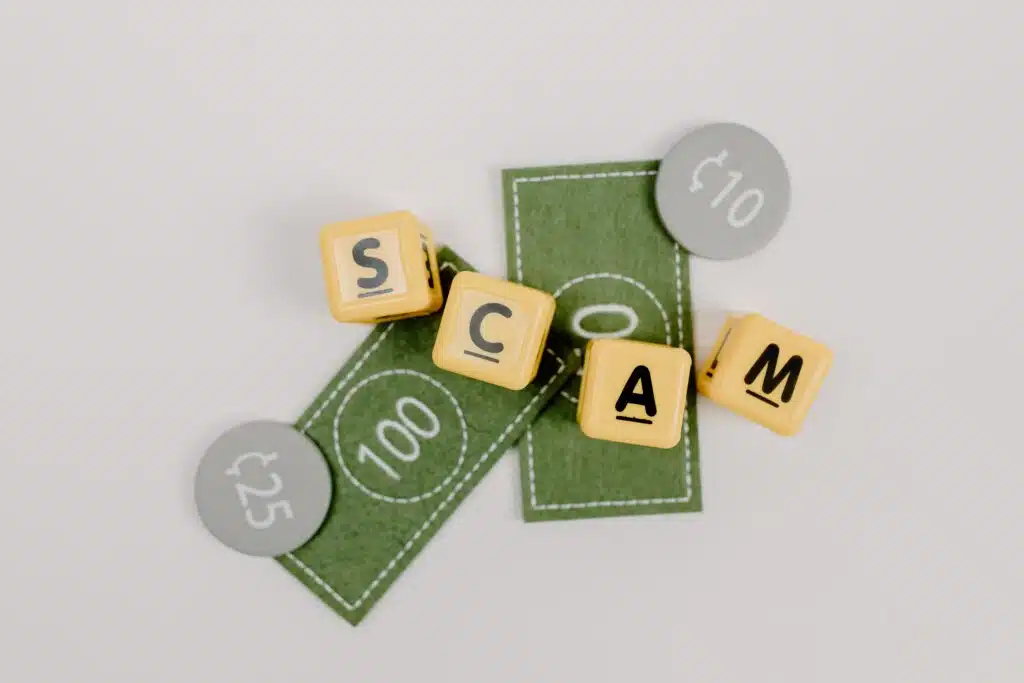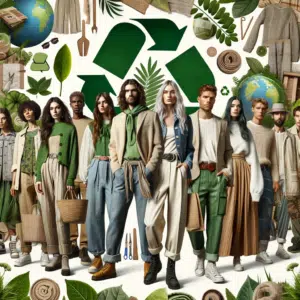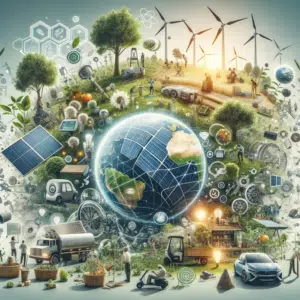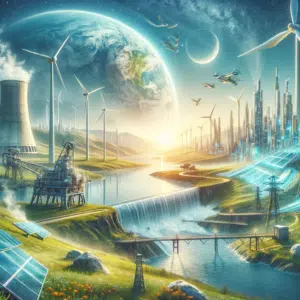Big corporations claim to be sustainable and environmental friendly- Is it always true? How can you recognize who is trustworthy?

Greenwashing is a term that continuously develops as our world is becoming more and more aware of the environment. And also like everywhere there will be people who will try to turn it for their own good.
Greenwash Definition
‘Behavior or activities that make people believe that a company is doing more to protect the environment than it really is’.
This can involve the use of misleading language or packaging to give the impression of environmental friendliness, even when the product itself is anything but.
Greenwashing is the marketing of an organization to appear more sustainable or environmental friendly (more organic, healthier, free of plastic, recycled, less waste, etc…). Where in reality it is often meaningless and polluting the environment. In most of the cases cost us more for nothing.
The real impact of this abusive actions is not only lying but making people consume products that harm and pollute the planet without knowing that.
Popularity Of Greenwashing
Greenwashing has become a growing concern as people become increasingly aware of environmental issues. Unfortunately, there are always those who will seek to take advantage of this growing awareness for their own benefit. Greenwashing refers to the marketing tactics used by companies to present themselves as environmentally conscious, when in reality they may be engaging in practices that are harmful to the environment.
To avoid falling for greenwashing tactics, it is important to be aware of some of the common tactics used by companies. For example, be wary of terms such as “eco-friendly,” “natural,” “green,” and “organic,” as these can be misleading. If a company is using these terms to market a product that is obviously not environmentally friendly, such as bio-fuel that still pollutes the air. They are likely engaging in greenwashing.
Many companies and organizations turn green these days but in order to make sure we are not supporting the misleading companies/ We made this guide to help you identify which company, organization or corporation is truly ‘green‘, so here are….
4 Important rules to make sure if it is a Greenwash
Tricky language & Product’s purpose
Don’t fall into the misleading and inaccurate terms such as: eco-friendly, natural, green and organic. These are just some of the commonly used words that can be confusing. If they try to sell a product which is obviously not environmental friendly but uses tricky language, like bio-fuel. Fuel burning is polluting the air no matter how you produce it either from corn, fossil or any other material. For example, in 2008 Volkswagen announces new Clean Diesel cars. In 2015 the reality was revealed as United States Environmental Protection Agency had found that Volkswagen had intentionally programmed diesel engines to activate their emission controls only during laboratory emissions testing but the vehicles emitted up to 40 times more in real-world driving.
Packaging
Packaging can also be misleading. With companies using green or brown packaging to give the impression of environmental friendliness. When the product itself is polluting. Checking the label and researching the company’s environmental practices can help to determine whether they are truly committed to sustainability. Companies often use a package color such as green or brown to invoke a sustainable product and mislead us to the illusion of environmental friendliness. In some cases they try to sell a polluting product in a recycled package.
Check the facts
Check the label, is it from a trustworthy organization that really makes sure that the production is not polluting? Just a green dot or leaf doesn’t mean it is good for the environment. Always look for the information and resources by yourself, never trust the organization that has the interest to sell you.
Sustainable product, polluting factory
Make sure that the factory behind your product is not harming the environment. Are the employees working under a fair condition? Does the product contain polluting chemicals such as silicone, parabens, heavy metals and more? It is also important to consider the entire lifecycle of a product, from the production process to the disposal of the product. A product may be marketed as sustainable, but if it is produced in a factory that pollutes the environment or uses unfair labor practices, then it is not truly sustainable.

By being aware of these tactics and doing our own research, we can avoid falling for greenwashing and support companies that are truly committed to sustainable living. This not only benefits the environment, but also our own health and wellbeing.
These days it is harder to find out what the truth is, in the end these big companies are doing their best to make everything look so real. We hope that after reading this post, using our tips and becoming more aware of the situation you can support the right people to make the world better.
Thank you for reading, please share and B-Eco!
For more examples about these big companies who claim to be environmental friendly click here
References:
Cambridge Dictionary – Greenwash Definition










